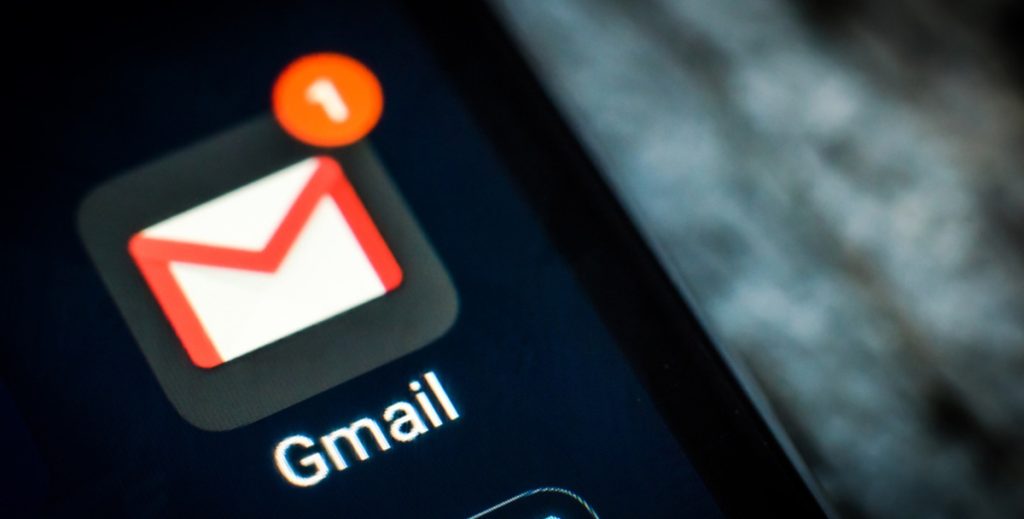Reports of a massive Gmail hack swept through global media — but Google says the claims are completely false and based on recycled data, not a new security incident.
Others are reading now
Reports of a massive Gmail hack swept through global media — but Google says the claims are completely false and based on recycled data, not a new security incident.
A viral panic with no basis

Headlines on Tuesday warned of a “major Gmail breach,” but Google quickly clarified that no such intrusion occurred.
Where the confusion began
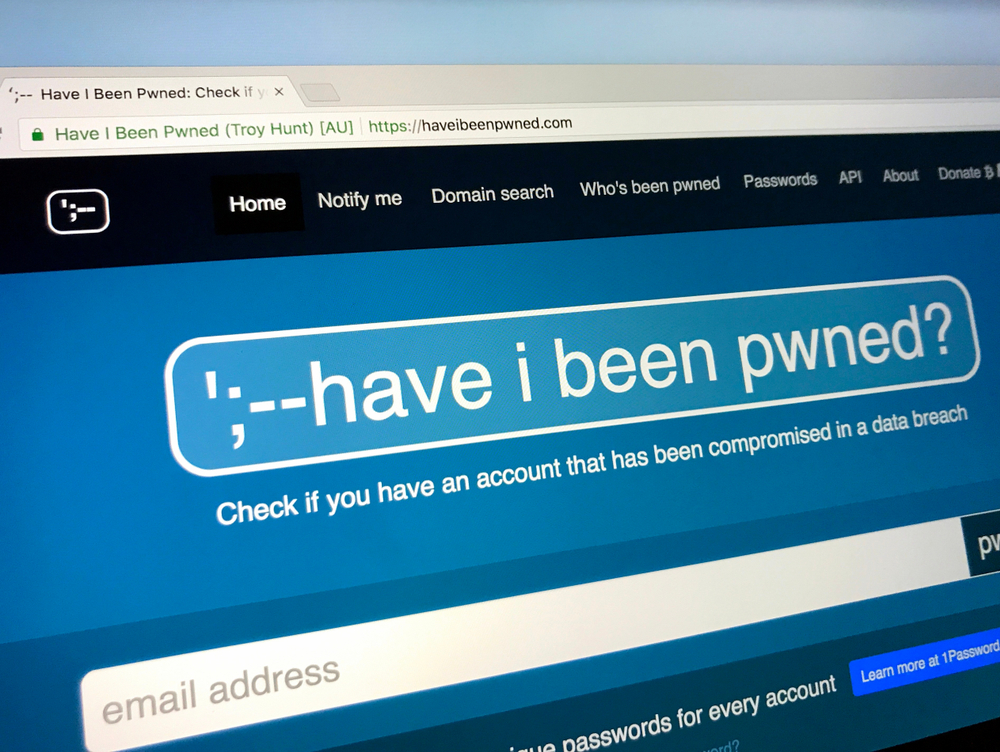
The alarm started after Troy Hunt, creator of Have I Been Pwned, added 183 million old credentials to his database — not from a new hack, but from years of malware activity.
Google’s official response

The company called the stories “false,” emphasizing that Gmail’s defenses remain secure and that users’ data was not compromised.
Misunderstood data
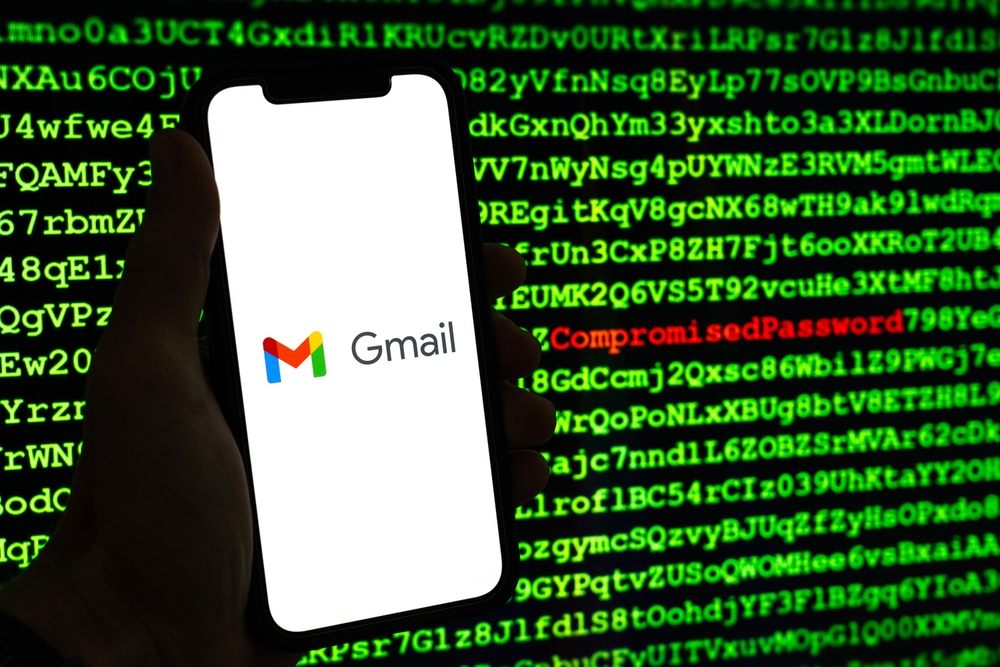
According to Google, the dataset behind the headlines came from infostealer malware logs — recycled credentials that frequently resurface online.
Also read
What infostealer databases really are
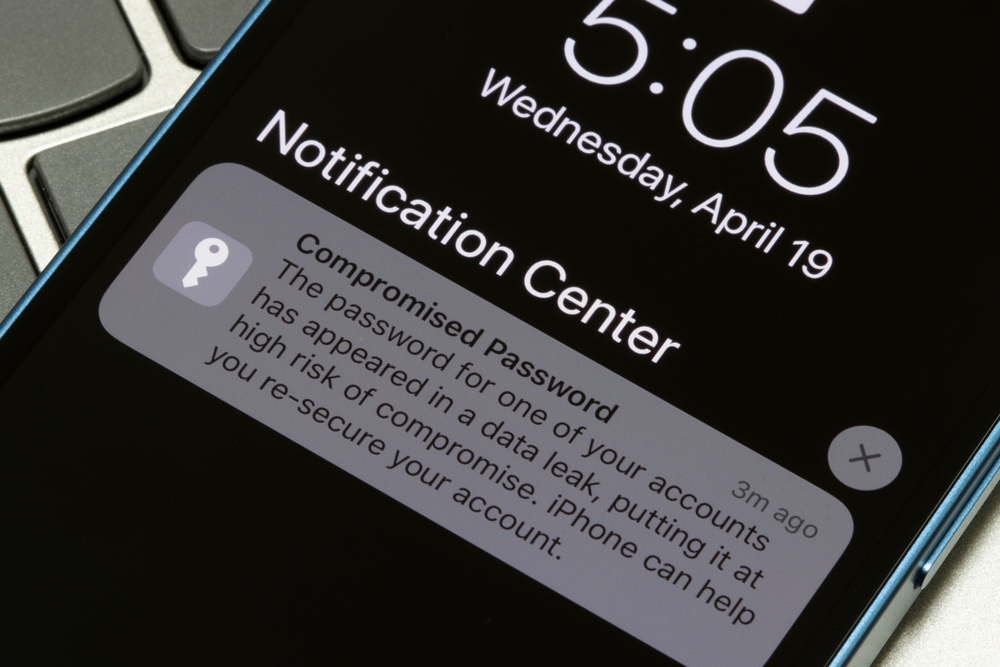
These collections combine login data stolen from infected browsers, phishing kits, and cracked software, often misinterpreted as fresh breaches.
Why Gmail addresses show up
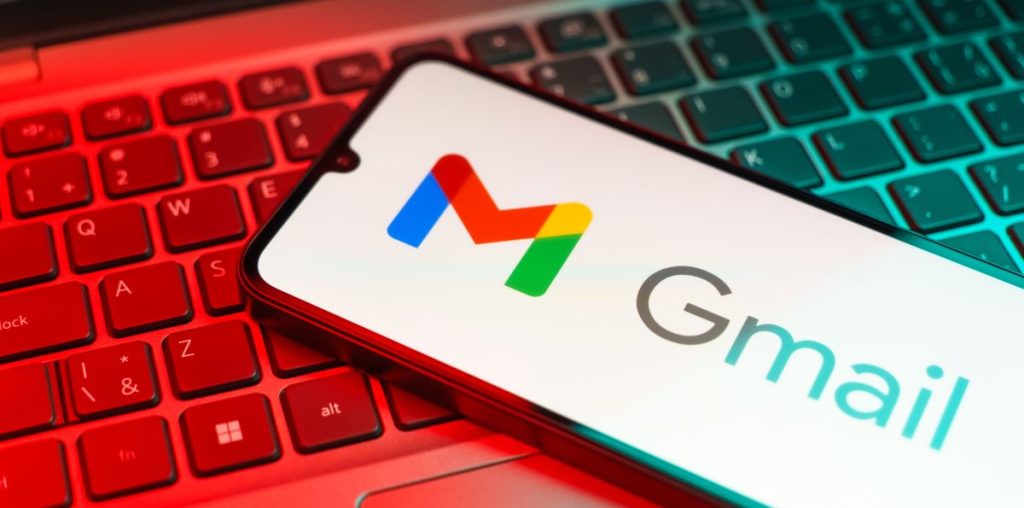
Because millions reuse their Gmail address across websites, it often appears in leaks unrelated to any actual Gmail intrusion.
Google’s ongoing protections

The company says it routinely scans the web for exposed credentials and automatically prompts password resets when needed.
Security expert’s reaction

Troy Hunt criticized media coverage, saying the reports were “deliberately misleading” and focused on clicks rather than context.
What users should do

Experts advise enabling two-step verification, switching to passkeys when possible, and changing any reused passwords.
Also read
How misinformation spreads
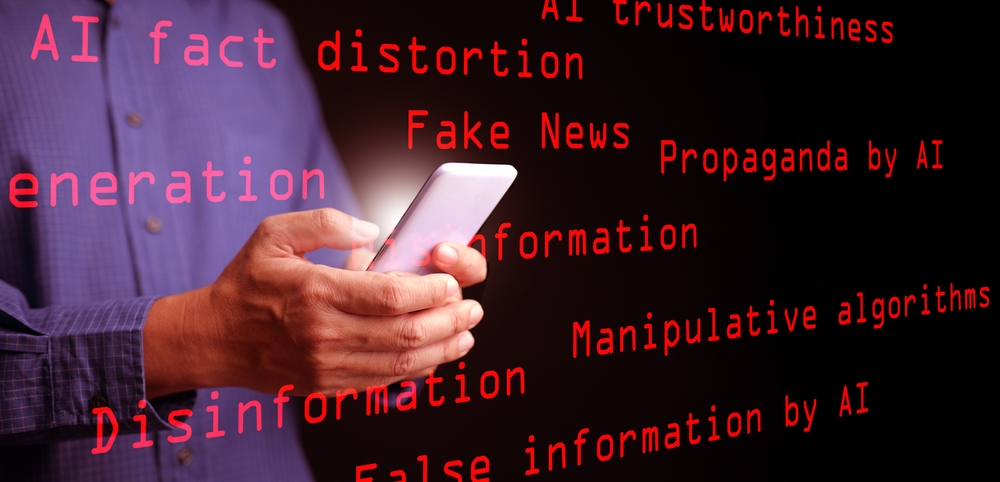
The story demonstrates how quickly a technical update can spiral into global panic when stripped of nuance.
The real breach? Context itself

In the end, the only thing truly compromised doesn’t seem to be Gmail’s security — it was the accuracy of the headlines.

